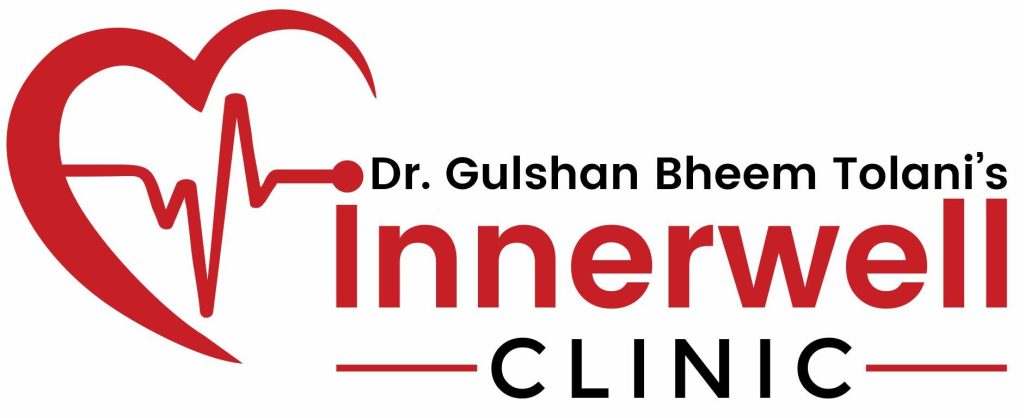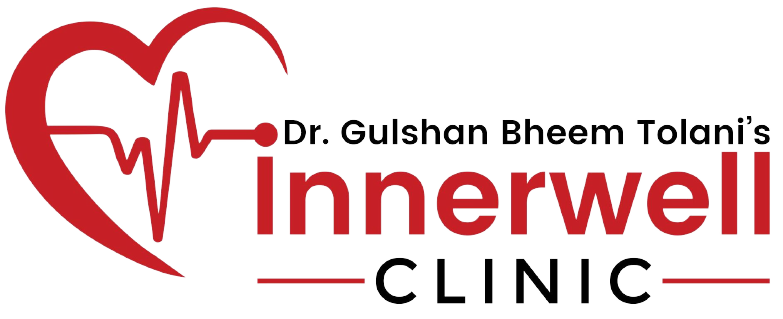Introduction:
Hypertension, commonly known as high blood pressure, is a widespread health condition affecting millions of people worldwide. Despite its prevalence, hypertension is often dubbed the “silent killer” because it rarely presents noticeable symptoms until it reaches a critical stage. In this blog, we’ll delve into what hypertension is, its risk factors, potential complications, and practical ways to manage and prevent this silent threat to your health.
- Understanding Hypertension:
Blood pressure measures the force exerted by the blood against the walls of the arteries as the heart pumps it through the body. Hypertension occurs when this pressure consistently stays at elevated levels, putting strain on the heart and blood vessels. Two measurements are used to determine blood pressure: systolic (the top number) and diastolic (the bottom number). A normal blood pressure reading is around 120/80 mmHg. Hypertension is diagnosed when the reading consistently exceeds 130/80 mmHg.
- Risk Factors for Hypertension:
Several factors contribute to the development of hypertension:
- Unhealthy Diet: A diet high in sodium, saturated fats, and processed foods can increase blood pressure.
- Sedentary Lifestyle: Lack of regular physical activity can raise the risk of hypertension.
- Obesity: Excess weight strains the heart and blood vessels, increasing blood pressure.
- Family History: A family history of hypertension can predispose individuals to the condition.
- Age: The risk of hypertension increases with age, especially after 40.
- Chronic Stress: Prolonged stress can contribute to hypertension.
- Smoking and Alcohol: Tobacco and excessive alcohol consumption can elevate blood pressure.
- Complications of Hypertension:
If left uncontrolled, hypertension can lead to severe health issues, including:
- Heart Disease: High blood pressure damages the arteries, increasing the risk of heart attacks, strokes, and heart failure.
- Kidney Damage: Hypertension can impair kidney function and contribute to chronic kidney disease.
- Vision Loss: Elevated blood pressure can damage the blood vessels in the eyes, leading to vision problems or even blindness.
- Cognitive Decline: Hypertension may increase the risk of cognitive impairment and dementia.
- Managing and Preventing Hypertension:
a. Lifestyle Modifications:
- Adopt a balanced diet rich in fruits, vegetables, whole grains, and low-fat dairy products while reducing sodium intake.
- Engage in regular physical activity, aiming for at least 150 minutes of moderate exercise per week.
- Maintain a healthy weight through a combination of diet and exercise.
- Limit alcohol consumption and avoid smoking.
b. Stress Management:
- Incorporate stress-reduction techniques into daily life, such as meditation, yoga, or spending time in nature.
c. Regular Blood Pressure Monitoring:
- Regularly check your blood pressure, especially if you have risk factors for hypertension.
- If diagnosed with hypertension, follow your doctor’s treatment plan, including medication, if necessary.
d. Follow Medical Advice:
- Comply with prescribed medications and attend regular check-ups with healthcare professionals.
Conclusion:
Hypertension is a serious health condition that demands attention and proactive management. By understanding its risks and adopting a healthy lifestyle, individuals can control their blood pressure levels and significantly reduce the risk of complications. Regular monitoring, healthy eating habits, physical activity, stress management, and medical follow-ups are key components in maintaining optimal blood pressure and overall health. Remember, knowledge and action are the best allies in the battle against hypertension, helping you lead a healthier and longer life.

